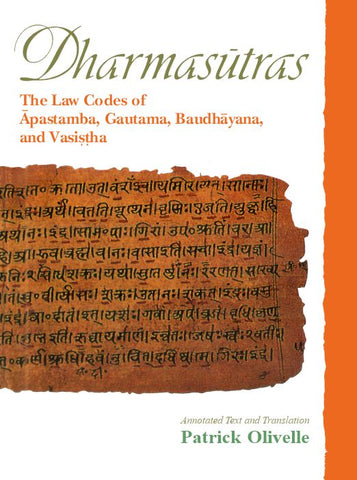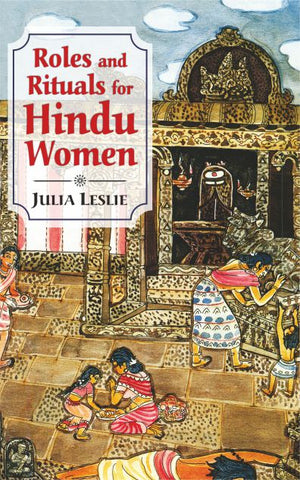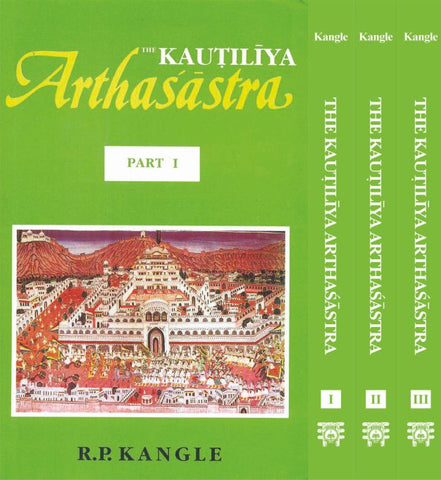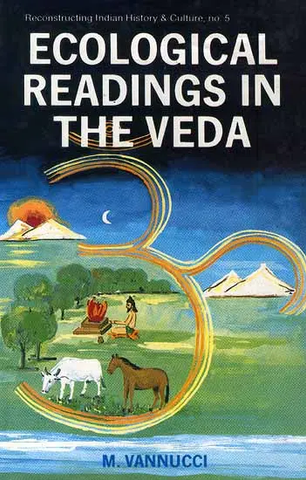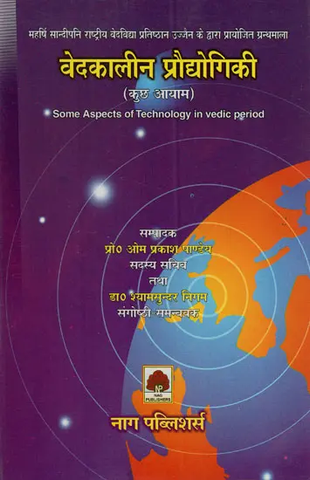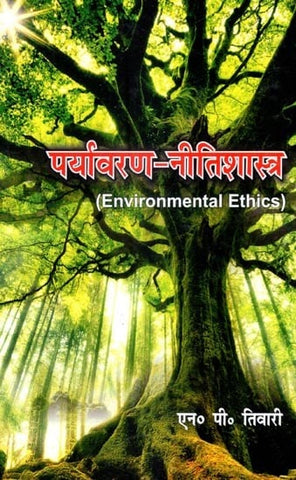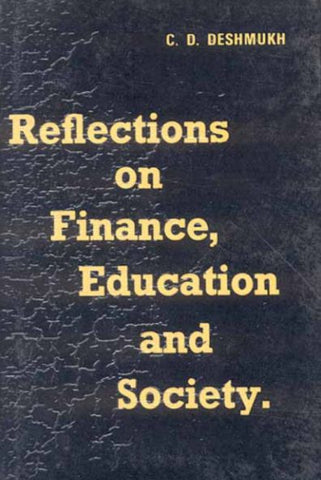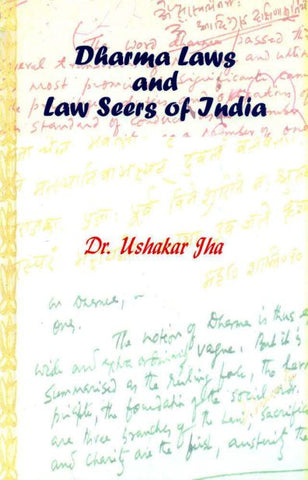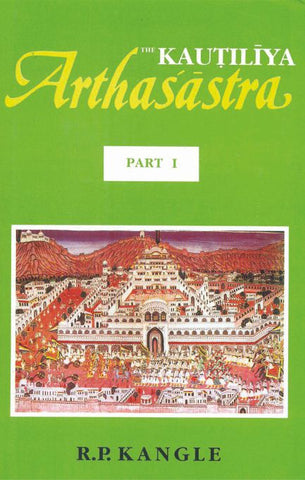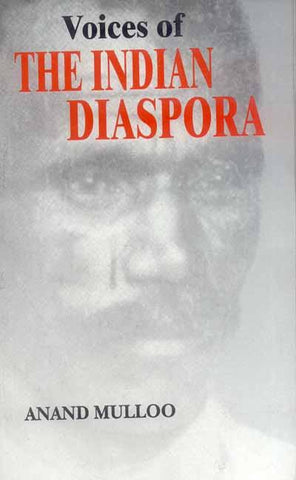Your cart is empty now.
The present work Aspects of Political Ideas and Institutions in Ancient India discusses different views on the origin and nature of the state in ancient India. It also deals with stages and processes of state formation and examines the relevance of caste and kin-based collectivities to the construction of polity. The Vedic assemblies are studied in some detail, and developments in the political organization are presented in relation to their changing social and economic background. The book also shows how religion and rituals were brought in the service of the ruling class.
Arranged in 22 chapters the book discusses-Historiography of Ancient Indian Polity up to 1930, Sources and Methods, The Saptanga Theory of the State, Theories of Property, Family, and Varna regarding the Origin of the State, The Contract Theory of the Origin of the State, Theory of –Oriental Despotism”, Sabhë and Samiti, Origin of the Post-Vedic Republics, The Early Parisad, Tribal, and Primitive Aspects of the Later Vedic Polity, kin-conflicts and Rise of Hierarchy in Later Vedic Times, Changing Position of the King, Taxation and State Formation in Northern India in Pre-Maurya Times, Varna in Relation to Law, Religion, and Politics. The Satavahana, Kusana and Gupta Polity, etc.
About the Author
Ram Sharan Sharma (26 November 1919 – 20 August 2011) was an eminent historian and academic of Ancient and Early Medieval India. He taught at Patna University and Delhi University (1973–85) and was visiting faculty at the University of Toronto (1965-1966). He also was a senior fellow at the School of Oriental and African Studies, University of London. He was a University Grants Commission National Fellow (1958–81) and the President of the Indian History Congress in 1975. It was during his tenure as the Dean of Delhi University's History Department that a major expansion of the department took place in the 1970s. The creation of most of the positions in the Department was the result of his efforts. He was the founding Chairman of the Indian Council of Historical Research (ICHR) and a historian of international repute.
Reviews
"This work is well-researched and documented, and is especially useful in terms of the historical development of ancient Indian politics. Dr. Sharma's book has a better balance between theory and practice than most books on the subject. There can be no question, however, that this is one of the major publications in the field which no serious student of ancient Indian politics can ignore." — J.W. Spellman
"The revised edition... is clear in exposition, up-to-date in method, and displays remarkable power in handling masses of material. It is by far the best summary of the present state of our knowledge of ancient Indian thought and institutions which is now available; ... This is a first-rate book, which is as interesting as it is scholarly." — Times Literary Supplement
"...competently surveys many interesting aspects of the political thought and practice of ancient India on fresh and sometimes strikingly original lines. The author has a thorough grasp of the relevant sources and uses them with telling effect." — Journal of Indian History
The first edition of this book was based on some pieces I had written in 1950-54. My study was particularly influenced by the ideas generated by historical materialism. In collecting, analysing and interpreting the evidence I relied on Ancient Society by Henry Morgan and The Origin of the Family, Private Property and the State by Fredrick Engels. My approach enabled me to understand better the origin, growth and nature of the state in ancient India and also the history of its organs. Drekmeier, a political scientist, who adopted a sociological framework in his Early Kingship and Community (1962), found many of such findings acceptable. He underlined the primitive and tribal character of ancient rituals and institutions connected with polity. On the other hand, although the importance given by me to the treatment of the vidatha was recognised by J.P. Sharma in his Republics in Ancient India (1965), he considered it to be a religious body and ignored the undifferentiated character of functions performed by the kin-ordered institutions of a pre-class Vedic society. However, came to be regarded as an important Vedic assembly along with the vidatha the sabha and samiti by many scholars including A.S. Altekar.
A.S. Altekar's State and Government in Ancient India has been a popular textbook. Published in 1949, it has undergone three editions, and the third edition (1958) was reprinted in 1972 and 1977. Although he generally admired ancient institutions, in the third edition he did take note of some unorthodox research which were stimulated by anthropological and other ideas. He referred to the role of the family and property in explaining the origin of the state. In his view, the "institution of the family with the notion of family and property thus played its own part in the origin of the State." He also states that "the state in the early Vedic period was still tribal'" and that the Vedic tribes had for a long time no permanent territorial basis for their states." These views are sound though Altekar and scholars of his generation were neither interested in the definitions of kin-ordered collectivities such as clans, tribes, etc., nor in the stages and processes of state formation and polity evolution. Altekar also gave some attention to the discussion of the character of the vidatha) His concern with problems of social injustice is evident." A revivalist and Hindu nationalist, he blames both the state and society for perpetuating an iniquitous social system." However, he singles out society for castigation and does not examine the linkage between the state and the dominant social classes. He defends the disabilities of the sudras and untouchables on the ground that they "believed that they were born in their particular caste as a natural result of certain sins committed by them in past lives'". Altekar also discovered "a welfare state' which was the case with K.A. Nilakanta Sastri" and even A.L. Basham." He not only tried to demonstrate the state's effort to establish a harmonious relationship between castes and social classes," but also put up the ideal of the Vedic kings and of the ancient republics" before modern citizens. He did not investigate whether these 'ideals' were the products of certain social situations. Altekar was deeply religious, but he did not adopt a consistent position on the role of religion in ancient Indian polity. He finds "considerable force in the view that the ancient Indian state was theocratic to a great extent." However, he does not accept Willoughby's view that in all early Asiatic monarchies, the rulers claimed a divine right to control the affairs of the state. He asserts that religion and philosophical dogmas and concepts did not deeply influence Hindu political thought, practice and institutions.
As in the earlier phase, Ghoshal's contribution in the post-independence period is marked by impeccable scholarship. In his, A History of Hindu Public Life (1957) and A History of Political Ideas Ancient and Medieval (1959) he elaborates on the points made in his earlier publications and documents them so carefully that it is difficult to detect any error. His analysis is more or less on the lines of Western liberal writings on the history of political thought which he taught for a long in Calcutta. Though associated for many years with a journal called Greater India, Ghoshal is not swayed by Hindu chauvinism. He substantially adds to our information on political ideas and institutions but does not try to link them to social and economic developments; he considered such an exercise to be 'speculative." Apart from his repetitive and involved style of writing, Ghoshal creates some problems because of the methods he adopts in using the sources. For example, he ascribes the major part of the Kautilyan material to pre-Maurya times on the ground that Kautilya frequently quotes from masters of political thought who preceded him. Unfortunately, the writings of these teachers have not been discovered so far, and many of them may have been Kautilya's senior contemporaries. The more one examines the Arthasastra the more- difficult it becomes to use its major part even for Maurya times.
The Mahabharata continues to attract a good many researchers. In recent years at least four dissertations on political ideas and institutions in the Mahabharata have appeared.' They certainly systematise much information bearing on ancient Indian polity.
Delivery and Shipping Policy
- INTERNATIONAL SHIPPING
- Rs.1000-1100/kg
- ESTD. Delivery Time: 2-3 weeks (depending on location)
- Bubble Wrapped with Extra Padding
- NATIONAL SHIPPING
- NCR: Rs. 30/half kg
- Standard: Rs. 80/half kg
- Express shipments also available on Request
- ESTD. Delivery Time: Ranging from 1-4 days up to 7 business days (Depending on your choice of Delivery)
- TRACKING
- All orders; national or international, will be provided with a Tracking ID to check the status of their respective orders
- Depending on the Shipping Service, Tracking ID may be used on their respective tracking portals
Frequently Asked Questions (FAQs)
Domestic Shipping: 3-4 Days (after shipping)
International Shipping: 1-2 weeks (based on your location)
You will receive an email once your order has been shipped or you can email us if you didn't receive tracking details (info@mlbd.co.in)
Every book that we sell is the latest edition except all the rare books
Yes, we do provide free shipping, only on domestic orders (within India) above Rs.1500


